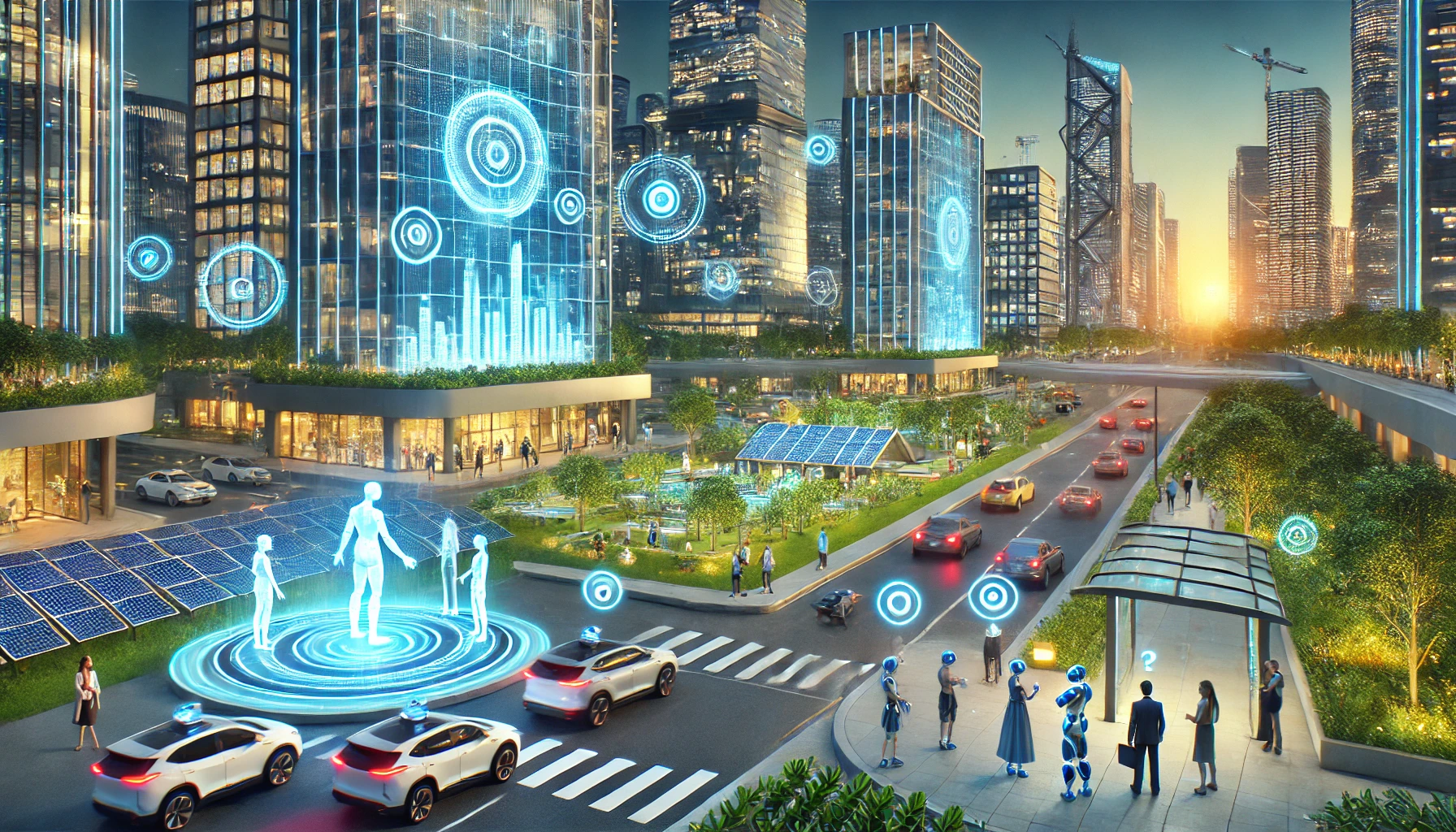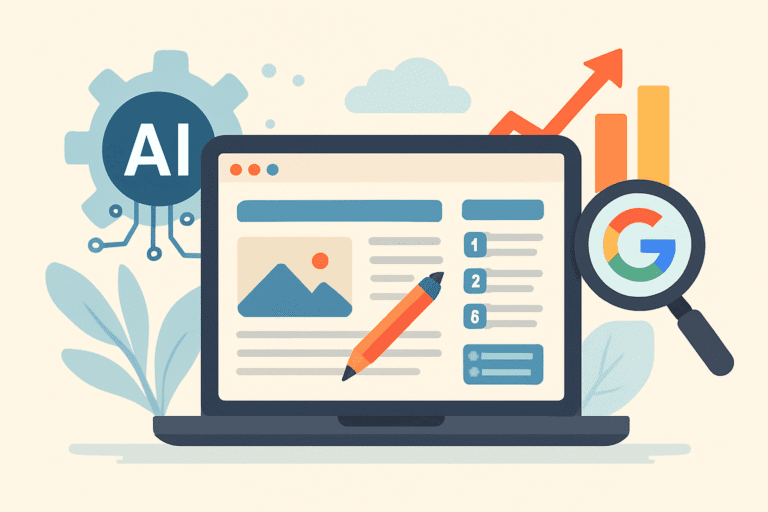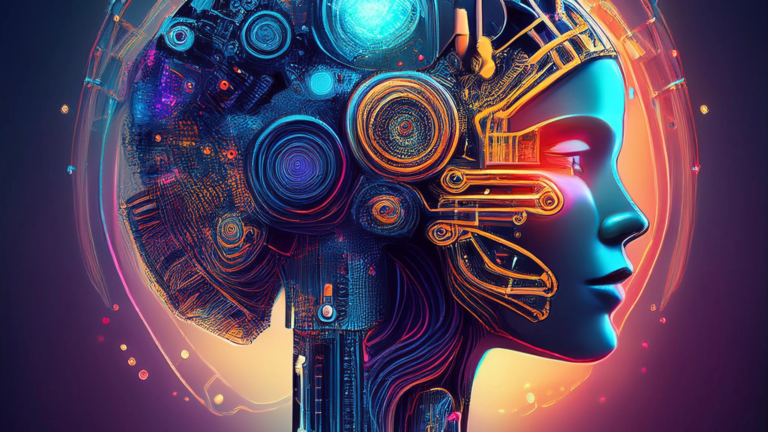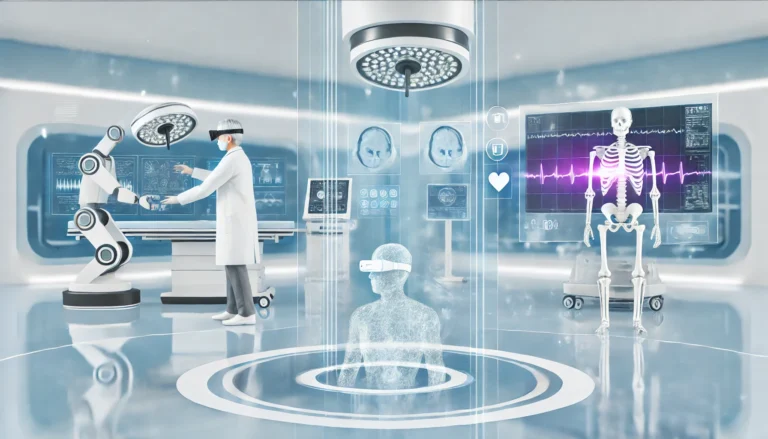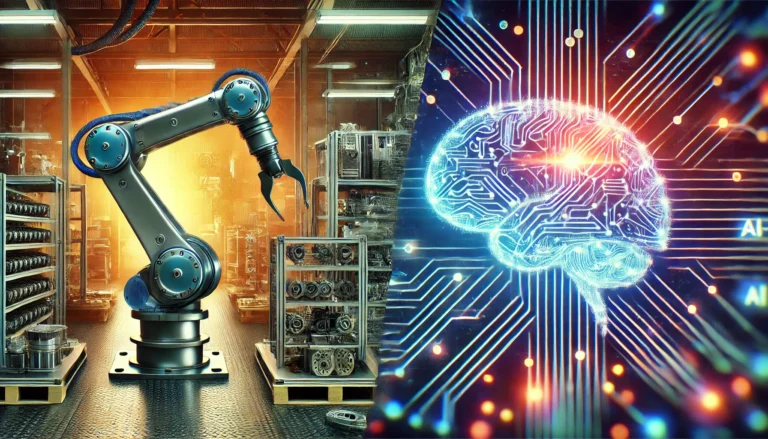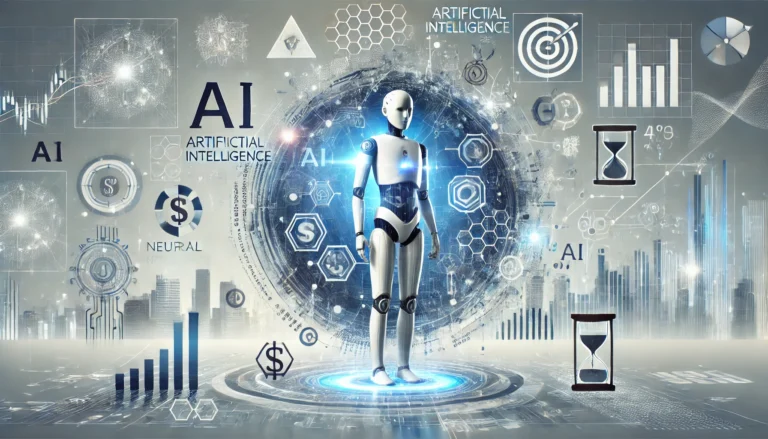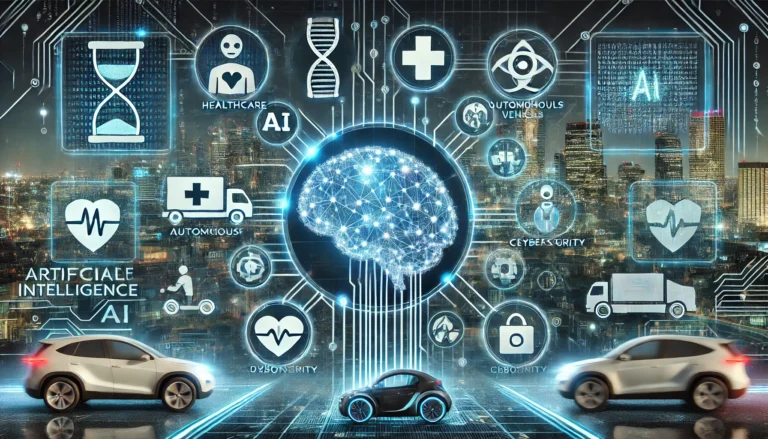What to Expect from Artificial Intelligence in 2030
Artificial Intelligence (AI) is rapidly transforming how we live, work, and interact with the world. From virtual assistants to self-driving cars, AI already shapes various aspects of our lives in 2024. But what can we expect by 2030? In this article, we explore some predictions and trends about the future of AI, focusing on innovations, challenges, and global impacts.
1. Advances in Personalization and Virtual Assistants
By 2030, personalization will reach unprecedented levels. Virtual assistants like Alexa, Siri, and Google Assistant will understand users so deeply that they will anticipate their needs. Imagine an assistant that schedules meetings, adjusts travel plans based on traffic, and suggests purchases before you even think about them.
Personalization will also extend to education and healthcare. AI-based tools will create tailor-made educational programs for each student, respecting individual pace and preferences. In healthcare, personalized diagnoses and more effective treatment plans will become widely available.
2. AI in Medicine: The Era of Prevention
In healthcare, AI will have a transformative role. By 2030, AI algorithms are expected to predict diseases before symptoms manifest. Analyzing large volumes of data (big data) will help identify patterns that point to risks of chronic illnesses such as diabetes, cancer, and cardiovascular diseases.
Additionally, wearable devices like smartwatches and body sensors will integrate with advanced AI. These devices will not only monitor health in real time but also provide precise alerts and practical advice.
3. Extreme Automation and the Future of Work
As AI progresses, repetitive and routine tasks will continue to be automated. Sectors like transportation, logistics, and manufacturing are already feeling this impact, but by 2030, even jobs in data analysis, content creation, and creative fields may be partially automated.
While this promises increased efficiency and cost reduction, it also raises questions about the future of employment. Many traditional professions may disappear, while new careers in AI management, ethics in technology, and advanced programming will emerge.
4. AI and Sustainability: A Necessary Alignment
Artificial intelligence will play a crucial role in environmental sustainability by 2030. Advanced algorithms will help optimize the management of natural resources, reduce carbon emissions, and monitor environmental health in real time.
For example, AI systems will predict natural disasters with greater accuracy, enabling faster and more effective responses. In agriculture, AI will contribute to optimizing irrigation, fertilization, and harvesting, reducing waste and promoting more sustainable practices.
5. Autonomous Vehicles and Smart Cities
Autonomous vehicles will become a common reality on roads by 2030. The combination of AI, advanced sensors, and 5G connectivity will allow cars to navigate more safely and efficiently than human drivers.
Simultaneously, smart cities will leverage AI to improve urban mobility, manage energy resources, and enhance public safety. From intelligent traffic lights to waste management systems based on sensors, the cities of the future will be more organized and livable.
6. Ethical Challenges and Regulations
With great advances come great responsibilities. The growing use of AI will bring complex ethical questions, such as privacy, algorithmic discrimination, and social impact. By 2030, governments and international organizations are expected to implement stringent regulations to ensure that AI is used ethically and fairly.
On the other hand, the threat of malicious AI, such as deepfakes and AI-powered cyberattacks, will remain a concern. Cybersecurity will evolve as a priority area to address risks associated with AI.
7. Artificial General Intelligence: The End of the Human-Machine Divide?
One of the most debated topics is whether we will achieve the so-called Artificial General Intelligence (AGI), that is, AI with cognitive capabilities similar to humans. While some experts predict that AGI will still be distant in 2030, others believe significant progress in this area is inevitable.
If AGI is achieved, the impact will be revolutionary, both in terms of technological advancements and philosophical and ethical implications. However, it will require a global debate about the limits and responsibilities associated with creating machines as intelligent as humans.
Conclusion
The future of artificial intelligence in 2030 promises to be as exciting as it is challenging. With advancements spanning healthcare, sustainability, and automation, AI will continue to redefine our society. However, as we navigate this path, addressing ethical issues, ensuring inclusion, and balancing benefits with potential risks will be essential.
Prepare for a world where AI will not just be a tool but a partner in our daily lives. Whether improving quality of life or tackling new challenges, the future is undoubtedly shaped by artificial intelligence.

